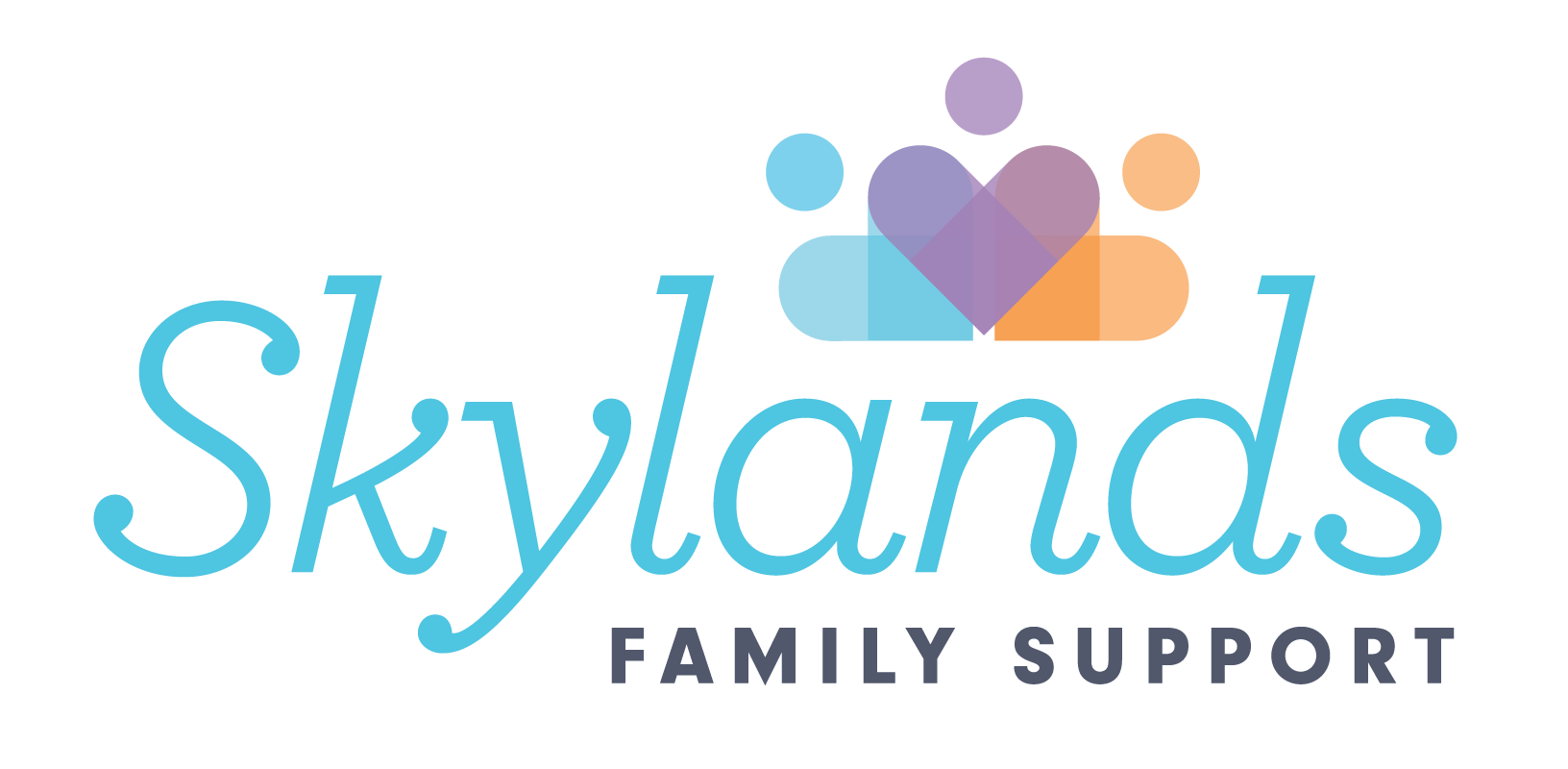Common Misconceptions About Support Coordination Services
Support coordination is designed to help individuals and families access the right resources, plan for the future, and achieve goals, but myths and misconceptions can make it seem more complicated than it really is.
In this blog, we’ll debunk some of the most common misunderstandings about support coordination services. By clearing up these misconceptions, you’ll have a clearer picture of what support coordinators actually do, who can benefit from the services support coordinators can provide, and how these services can make everyday life more manageable.
Misconception 1: Support coordinators are just case managers
It’s easy to conflate support coordinators with case managers, but their roles are actually quite distinct.
While both provide guidance and resources, support coordinators focus on helping individuals and families navigate services and access the support they need.
Case managers often concentrate on coordinating medical care, whereas support coordinators take a broader approach, assisting with everything from daily living needs to community engagement and social participation. The best support coordinators also form close, trusting relationships with the families they serve, creating a partnership that makes navigating services easier and more effective.
Misconception 2: Support coordination services are only for individuals with severe disabilities
Some people assume that support coordination is only necessary for individuals with severe disabilities. In reality, support coordination can benefit anyone who needs assistance navigating complex systems, regardless of the level of disability.
Whether someone is newly diagnosed, transitioning to adult services, or simply looking for help accessing community programs, support coordinators provide guidance that makes navigating services more manageable and less overwhelming. The focus is on helping individuals live fulfilling, independent lives, regardless of the level of disability.
RELATED: How Support Coordinators Assist Those with Different Disabilities
Misconception 3: Support coordination is expensive and unaffordable
Cost is often a concern for families seeking support. However, many support coordination services are covered through state programs, Medicaid waivers, or other funding options. In New Jersey, for example, support coordination is often included as part of the services offered through the Division of Developmental Disabilities (DDD). This means families may be able to access valuable assistance without incurring additional expenses. Even when private payment is required, support coordinators can help families identify resources to reduce financial strain.
Misconception 4: Support coordinators make all the decisions for families
Some families worry that having a support coordinator means giving up control over their lives. On the contrary, support coordinators are there to guide and empower individuals and their families, not to make decisions on their behalf. They provide information, discuss options, and help weigh the pros and cons of different choices, and the final decisions always rest with the family or individual. The role is collaborative, ensuring families are informed and supported without losing autonomy.
RELATED: 10 FAQs About Support Coordination
Misconception 5: Once you start support coordination, you can’t change your coordinator
It’s common to hear concerns about being “stuck” with a particular coordinator. In New Jersey, however, you have the option to request a change every 30 days if needed. While switching coordinators isn’t common, the best agencies understand that sometimes a different match is the right solution and will work with you to make that transition as smooth as possible.
Open, honest communication is key. The goal is always to ensure a good fit; because when you feel comfortable and supported by your coordinator, it builds the trust needed for truly effective support.
Misconception 6: Support coordination is only about paperwork and compliance
While there is an administrative component—like helping with eligibility forms, service plans, and reporting—support coordination goes far beyond paperwork.
Support coordinators assist with goal-setting, accessing community programs, connecting with the right providers, and so much more. They help families navigate transitions, such as moving from school-based services to adult services, and support social, educational, and vocational growth. The focus is on improving quality of life, not just completing forms.
Misconception 7: It’s better to manage everything on your own without support coordination
Some families may prefer to handle everything independently, but support coordination can reduce stress, prevent gaps in care, and help families access resources they might not know exist. Having support doesn’t mean you’re incapable; it means you have a partner who understands the system and can help you navigate it effectively.
Conclusion
Support coordination helps individuals and families access the resources and programs they need. By dispelling these common misconceptions, families can better understand the value of support coordination and feel confident seeking assistance when needed.
Navigating disability services doesn’t have to be overwhelming. Skylands Family Support helps families across New Jersey find clarity, connection, and confidence through personalized support coordination. Contact us today.




